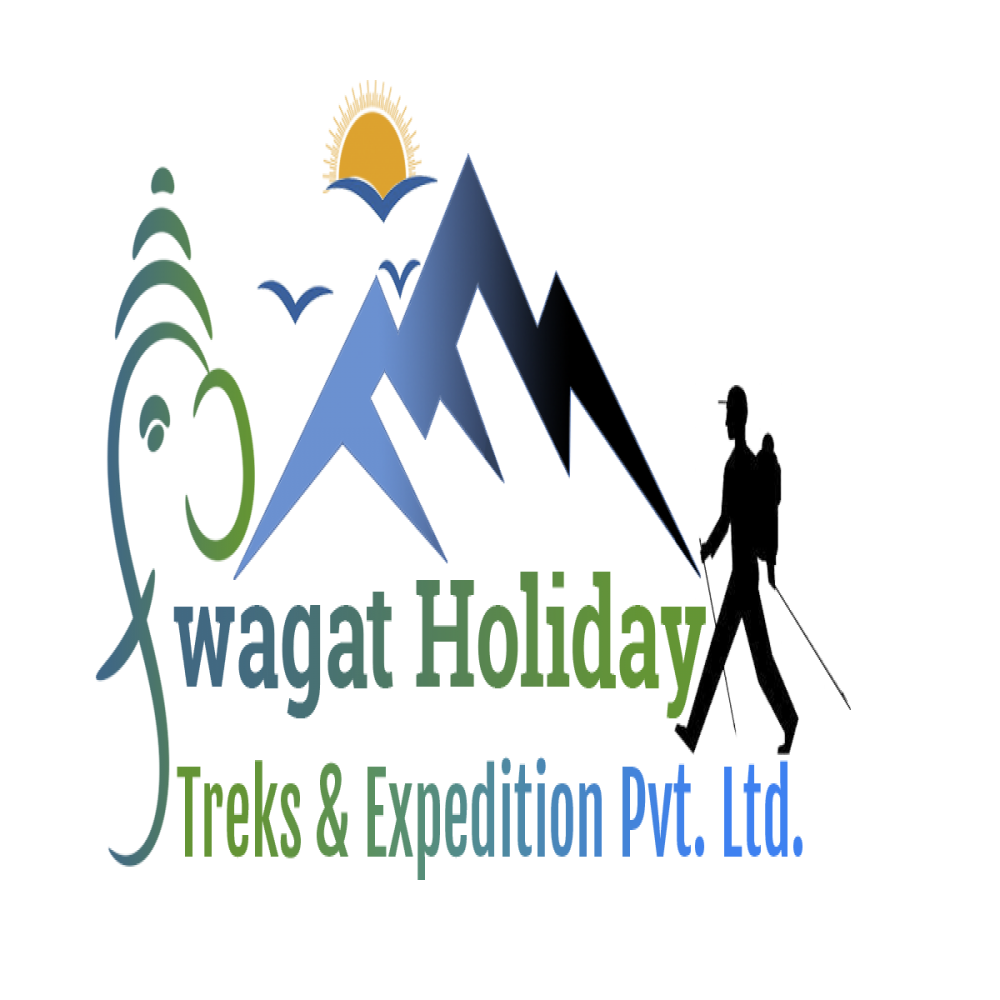Swagat Holiday Treks & Expeditions Pvt Ltd.
+977-9851002768 / +977-9860460464
Chitwan Sightseeing
Trip Introduction
Sightseeing in Chitwan
Sightseeing in Chitwan is one of the best outdoor activities in Nepal. It is also known as jungle safari in Chitwan National Park. Chitwan National Park is expanded across an area of 932 sq. kilometers and lies in the inner Terai belt of Chitwan district. It is probably Asia’s best one for wildlife safari tour destination and is established in 1973 A.D. as well country’s first national park belongs to the UNESCO World Heritage site since 1984. Due to easy accessibility both from Kathmandu and Pokhara and well-managed eco-resorts facilities made the most visited tourist spot of the country. The park offers a wide variety of wildlife in nature as well as some rarest species of animals found on the planet. Travelers can enjoy real fun-filled adventure encounter with one-horned rhinoceros, Royal Bengal Tiger, wild elephant, black beer together canoe ride on Rapti River can see crocodiles and many colorful birds.
Jungle safari in Chitwan National Park is not only an adventure wildlife tour, but it is also the best option for your luxury and relaxation travel. You can enjoy the holiday playing with the elephant in the Rapti River (it is also called elephant bathing) observing tiny elephant in the elephant breeding center and you can enjoy the best view of the sunset from Rapti Riverbank, now in the renowned holiday destination to see wildlife in nature. Himalayan mentor offers a comprehensive package to enjoy a holiday at Chitwan national park. Please let us know if you have seeking interest in wildlife in the jungle we make your dream come true.
| Group Size : | Minimum 04 Pax | Max - altitude : | 415 M |
| Destination : | Destiny Country | Fitness level : | Average |
| Arrival : | Kathmandu | Departure from : | Kathmandu |
| Meals : | Breakfast Lunch and dinner during Trip | ||
| Accomodation : | Double/Twin Sharing in Hotel/Lodge | ||
Activities to do in Chitwan National Park
-
Elephant back safari
-
Elephant bathing
-
Elephant breeding center visit
-
Jungle drive
-
Jungle walk
-
Bird watching
-
Canoe ride
-
Tharu village tour, etc.
Climate:
The park enjoys three main seasons, hot and dry summer, a hot and humid rainy season, and warm winter. Between October and February, the average temperature is 25 degrees Celsius pleasant climate. From March through June, the temperature may raise up to 43 degrees Celsius. The hot and humid monsoon lasts for four-month from June through September. The best time to visit the park is from October through March.
Flora and Fauna in Chitwan
It is Renowned for its abundance varieties of wide life and vegetation that offers its uniqueness to the area. The Park is the home for 58 species of mammals like one-horned rhinoceroses, Royal Bengal Tiger, Leopards, wild Elephants, a verity of Deer, Bears, four-horned antelopes, Monkey, Langur, Pythons, Gigantic dolphins, two species of crocodiles, the vegetarian Gharials and Flesh-eating Marsh Muggers including about 539 species of exotic birds, 56 types of reptiles and amphibians, and 124 species of fish. Moreover, the park contains a unique ecosystem covering hills, plain, lands, and lakes. The park’s vegetation is subjugated by Sal (Shore Robusta) forests along with 50 species of grasses including the elephant grass, renowned for its immense height reaching up to 8m.
COST INCLUDE
-
Airport / Hotel / Airport pick up & drop off service by a private tourist vehicle. (For both international and domestic flights).
-
2 Night standard twin-sharing accommodation in a hotel in Kathmandu including breakfast.
-
Basic guesthouse accommodation during the trek in mostly twin-share and occasionally dormitory-style rooms.
-
Three meals a day: Breakfast, Lunch, and Dinner during the Trip.
-
A Highly experienced, Helpful, Knowledgeable, friendly, well-trained Government license holding English-speaking trekking guide.
-
We provide an assistant guide for walking with the group to support where necessary as per group size.
-
National Park entrance fee and Trekkers Information Management System (TIMS card).
-
Food, accommodation, insurance, equipment, and medicine for all staff.
-
Arrangement of emergency evacuation service (should have insurance for emergency evacuation and will be paid by your Travel Insurance Company).
-
All applicable government taxes, vat, tourist service charges as per Itinerary.
COST EXCLUDE
-
Your Nepal Visa Fees (should bring small accurate fees in USD and 02 passport size photos)
-
All the International airfare to and from Kathmandu ( no need to pay departure tax for international flight)
-
Lunch and Dinner during staying in Kathmandu
-
Personal travel and Health insurance as well as insurance for helicopter evacuation
-
In case of extra night’s accommodation, Lunch and Dinner in the city due to early arrival or departure as well as early back/return from Mountain/Trekking(due to any reason) than the given time period of Itinerary. We can help you arrange extra nights’ accommodation.
-
Your personal expenses such as (soft beverages, confectionaries, laundries, phone calls, bar bills, Extra porter, etc.)
-
Medical expenses and trip cancellation.
-
Any other extended trips and accommodation.
-
Tips of the guide, porters, and driver as a token of appreciation.
# Any other expenses or charges that are not mentioned in the “cost includes” list.
Leave a Review
Best Time to Visit
The park has a range of climatic seasons each offering a unique experience, in Autumn October through February with average temperatures of 25 o C offer an enjoyable climate. From March to June temperatures can reach as high as 43o C, the hot humid days give way to the monsoon season that typically lasts from late June until September, Rivers become flooded and roads are impossible.
In late January, local villagers are allowed to cut thatch grasses to meet their needs, which offers a better viewing of wildlife to visitors. September, November, February, and April, migratory birds join the residential birds and create spectacular bird watching opportunities. While the monsoon rains bring lush vegetation, most trees flower in late winter. The Palash tree, known as the “flame of the forest” and silk cotton tree have spectacular crimson flowers that can be seen from a distance.
Equipment and Gears
-
Trekking Shoes
-
Sports shoes or sandals
-
Sun Hat/Cap
-
Basic Medical Kits
-
Hand Sanitizers
-
Trekking towels
-
Sunglasses (UV Protection)
-
Warm woolen cap
-
Warm fleece jacket or puffy jacket
-
Pullover or warm sweeter
-
Raincoat
-
A pair of good quality socks
-
A pair of trekking trousers
-
A pair of trekking shirts
-
A pair of underwear( non-cotton preferred)
-
Water bottle
-
Camera and Batteries
-
Sun Lotion
-
Day Pack to carry your valuables and water
-
Hiking Poles ( not compulsory)
Trip Location Map


